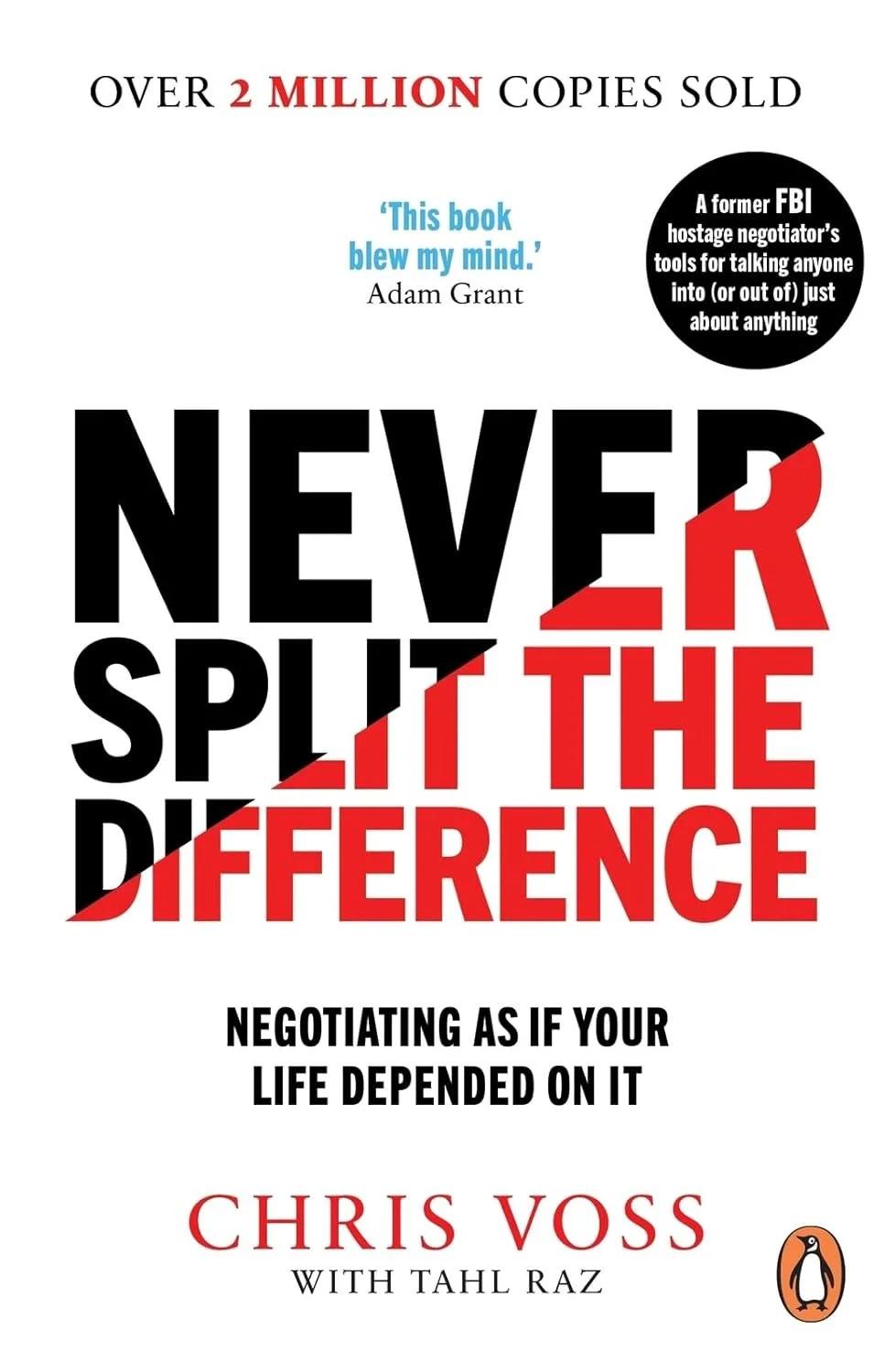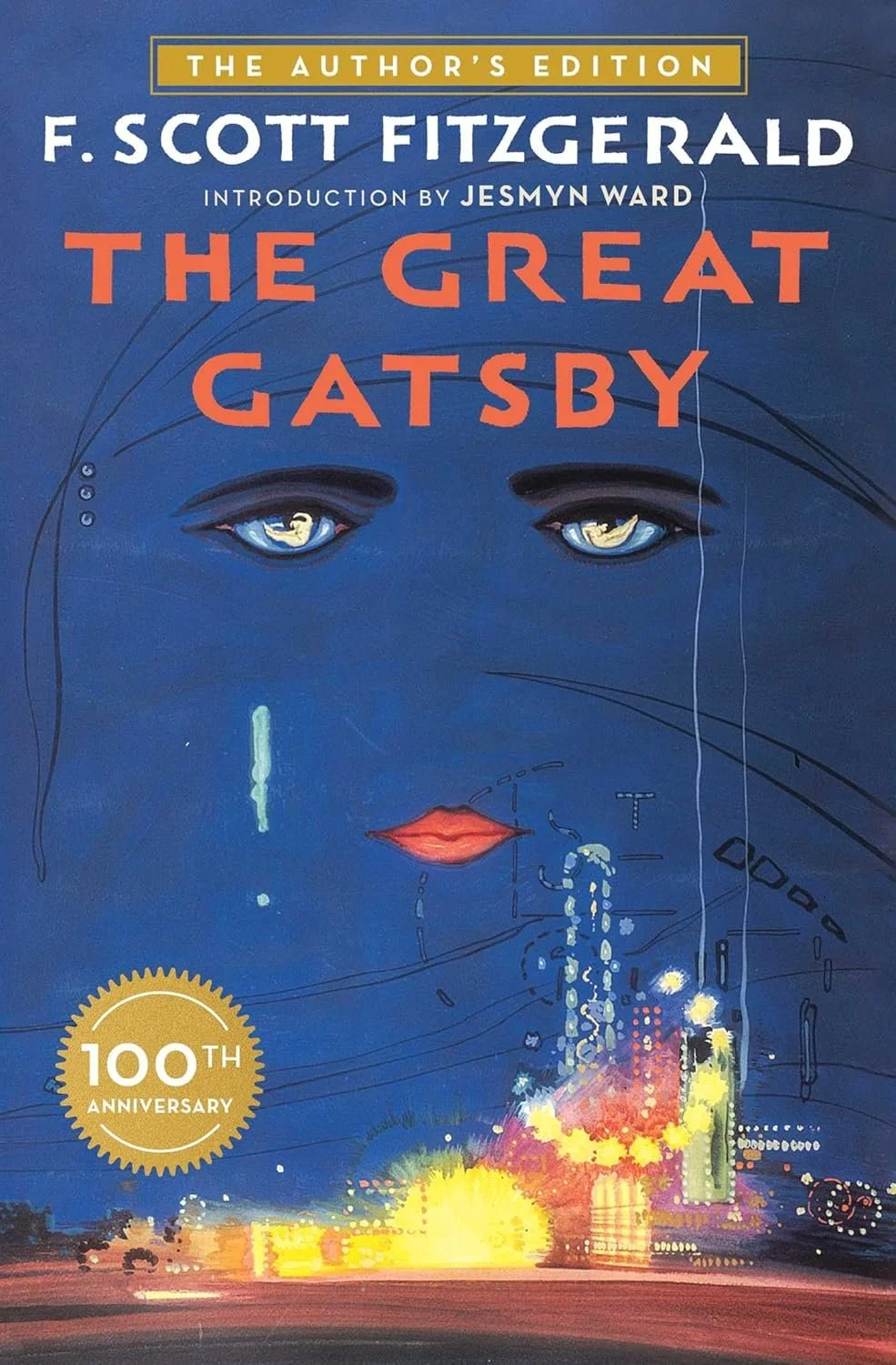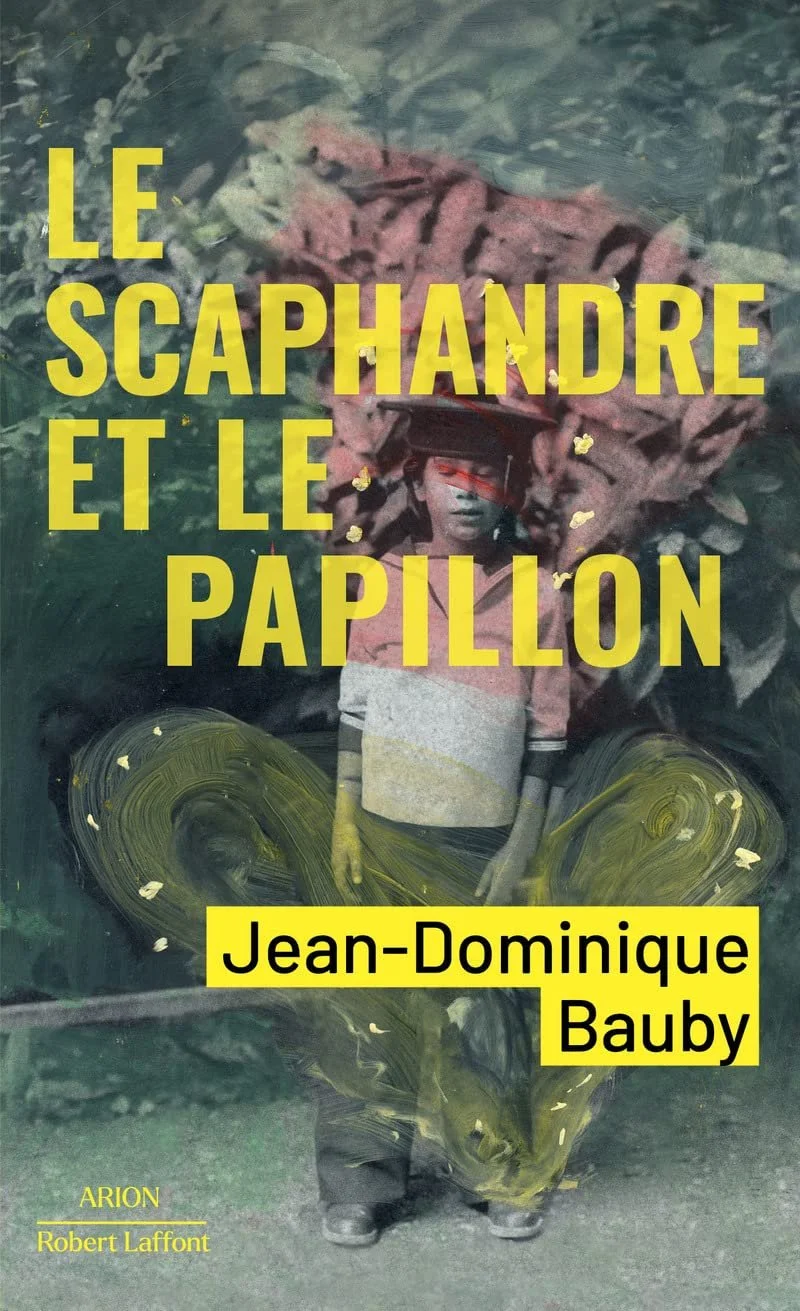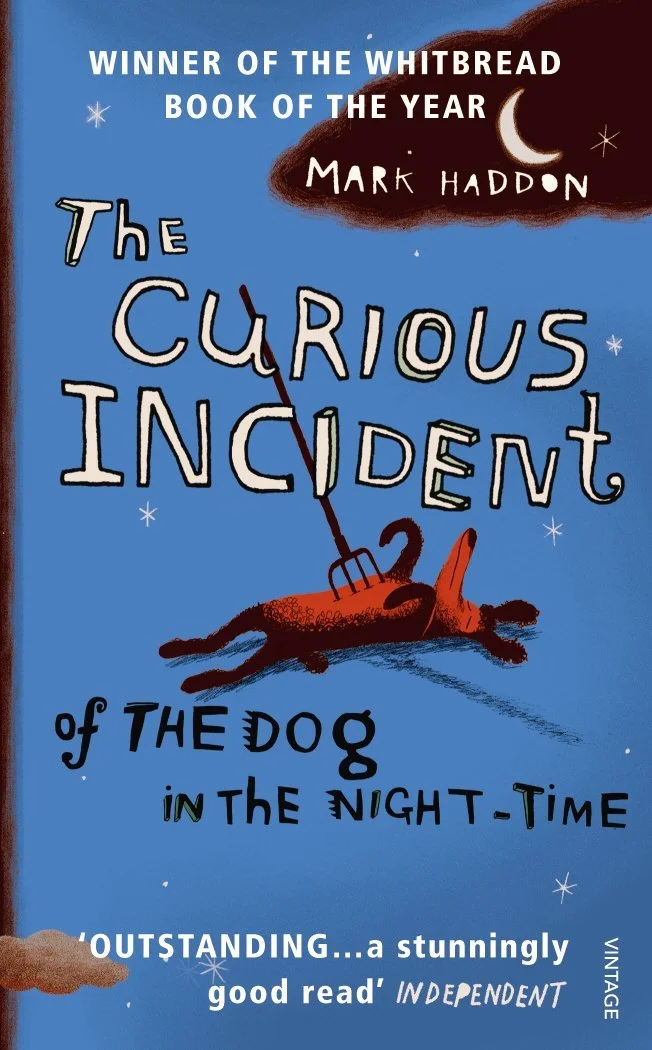Joanne Morse recommends
Jo is Deputy CEO at Summit Trust International SA. Jo qualified as a solicitor of England and Wales in 2008, working as a private client solicitor in the UK before beginning her trust career at Summit Trust in Geneva in 2011.
Read on to find out which six books Jo recommends, and why…
Reading is such an enormous pleasure for me. Since a very young age I have always devoured books, often reading until the early hours of the morning to finish a particularly gripping story. As part of my Law and French degree I studied French literature which I loved although I really struggled with Proust and his madeleines (sorry Gilead! - Gilead Cooper QC recommends — MTG Recommends). Now that I have less time to read, I’ve started to enjoy listening to audiobooks on my walk to work in the morning. My husband insists it’s not reading, but I enjoy it almost as much as turning the pages of a book, although the voice of the narrator seems to have a huge impact on how much I engage with the story (seemingly an Irish accent is my favourite!).
I enjoy most genres of fiction, and have recently started on nonfiction/self help books (Atomic Habits is fantastic). I really enjoy reading the children’s classics with my daughters and could do a whole other section on those!
Never Split the Difference
Chris Voss, Tahl Raz
This is one where I downloaded the audiobook, but enjoyed it so much I also bought the paper copy so I could highlight parts and turn down the corners of pages (yes I’m one of those heathens) I particularly wanted to go back to. Chris is an ex FBI hostage negotiator, and he teaches you tips and tricks on persuasion and negotiation. It’s a study of human psychology as much as it is a helpful manual on diffusing a crisis (useful for trustees) and negotiation/communicating effectively.
Klara and the Sun
Kazuo Ishiguro
With all the recent talk of how AI will take over the world, this is like a glimpse into the future, where elite workers have been ‘substituted’ and human like robots are purchased as companions/friends/carers/nannies for people. Set somewhere in the near future, the story is told from the perspective of Klara, a solar powered robot known as an ‘Artificial Friend’ or ‘AF’ waiting to be chosen as a companion for someone. The reader follows her story from the shop floor where she observes the behaviour of those who pass the street outside or who come into the shop. She is eventually purchased by the mother of a sick young girl, Josie, who needs a companion. The story is an exploration of what it means to be human, inequality and the cost of progress. In this story, privileged children are ‘lifted’ (genetically enhanced for greater cognitive ability) but this comes with risk. Some become ill as a result, and some die. Klara and the Sun also shines a light on the risks of prioritising relationships with technology over human connection, at the cost of real friendship/the ability to form real relationships, and ultimately happiness.
Talking to Strangers: What We Should Know About People We Don’t Know
Malcolm Gladwell
This was recommended to me during a conversation about AI and its likely impact on the legal system. There is a study highlighted in this book about how a blind machine can more correctly judge the character and bail risk of criminals than human judges with lots of data in their hands, and trained law enforcement.
The premise of this book is that we simply aren’t well equipped to talk to strangers although at times it is a necessity, and we trust them too easily, which means we end up in conflict and come away with disastrous misunderstandings that can have a huge impact on the world. The book takes us through history with examples of this, like why Neville Chamberlain thought he could trust Adolf Hitler, and why the Bernie Madoff scandal was not uncovered sooner.
The Great Gatsby
F Scott Fitzgerald
This might be my favourite book, set in Long Island/ New York during the impossibly reckless and hedonistic 1920s. The mysterious Gatsby comes to town and throws the most decadent parties every Saturday night across the water from where his old love interest, Daisy Buchanan, and her husband live, in the hope of impressing her with his newfound wealth. This book explores themes about the American Dream, social class, marriage and the impossibility of recapturing the past, try as we might (‘so we beat on, boats against the current, borne back ceaselessly into the past’).
Le Scaphandre et le Papillon/ The Diving Bell and the Butterfly
Jean-Dominique Bauby
A memoir by a feted and well-known journalist who suffered a massive stroke at 43 years old which left his entire body paralysed except for his left eye. This memoir was composed by him communicating only by blinking his left eye, and was published two days before his death, just one year after the stroke.
Despite the terrible condition that he was left in (he describes his condition as ‘like a mind in a jar’), surprisingly this is not a depressing account. It is a beautiful book about finding the beauty and happiness in life even after going through tragedy. It gives the reader a totally different perspective, and should be an inspiration to us all about what it means to be alive, and the power of the mind.
The Curious Incident of the Dog in the Night-Time
Mark Haddon
Styled as a mystery novel, this is a tale set in Swindon in 1998, about a 15 year old boy (Christopher) who tries to solve the murder of a neighbour’s dog. Christopher says that he has some ‘behavioural difficulties’ and whilst he is widely thought to be autistic, the specific neurodivergence is not mentioned. He needs to deal with the number of his eccentricities and/or the challenges of his condition to be able to solve the mystery, and as it is told from his perspective, it gives readers an insight into his own unique world and unconventional, emotionally disassociated mind. Haddon actually wrote the book for adults, but it is equally popular among adults and older children. It is both funny and very moving as it explores the world through the eyes of someone is unable to interpret social or emotional cues.







